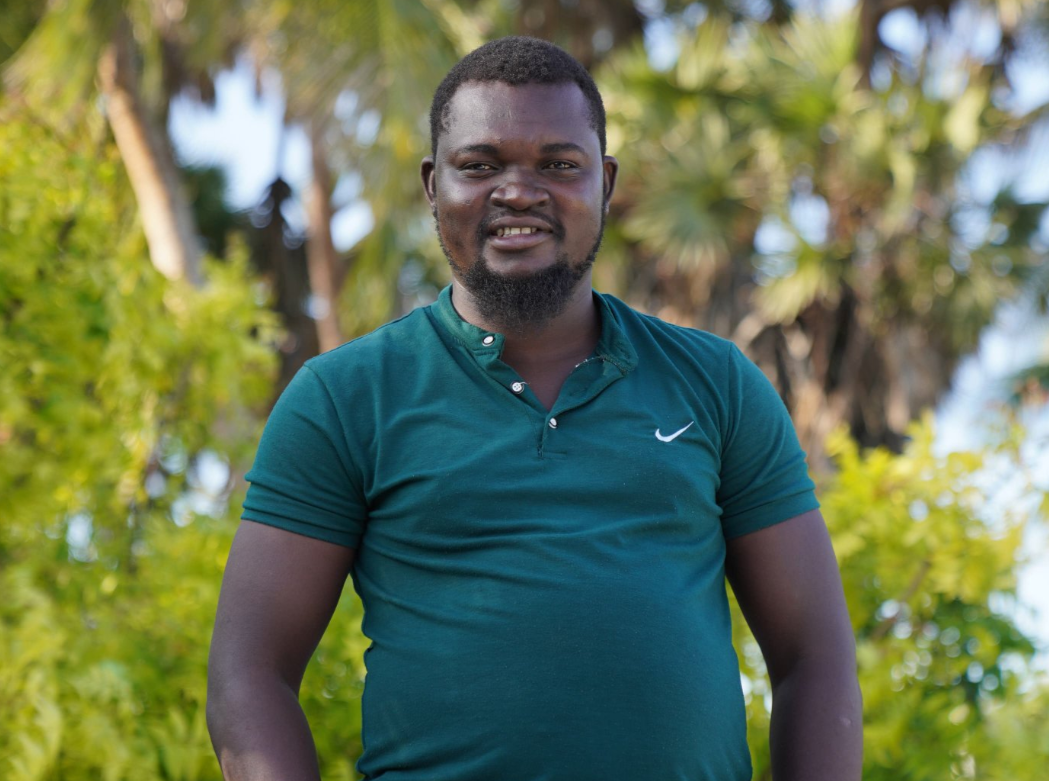Albert Ojwang was a young Kenyan teacher, popular online for his outspoken content. Today, he’s dead. He died inside a police cell in Nairobi, miles from his home in Homa Bay.
His arrest was triggered by a complaint from Deputy Inspector General of Police Eliud Lagat. What was his crime? Allegedly publishing false information and “tarnishing” the name of one of the highest-ranking police officers in Kenya.
But serious questions now demand answers. Did Deputy IG Eliud Lagat abuse his authority to silence a critic? And why was a regional influencer arrested so far from Nairobi and dragged to the capital under murky circumstances?

Deputy IG Eliud Lagat under pressure over influencer’s death in custody
Kenya’s police are no strangers to controversy, but this time, the storm is squarely focused on Deputy IG Eliud Lagat. Inspector General Douglas Kanja admitted during a press briefing that Lagat personally lodged a complaint against Albert Ojwang. The basis of the complaint was “tarnishing his name.”
This vague accusation led to the arrest of Ojwang by Directorate of Criminal Investigations (DCI) officers from Nairobi. They went all the way to Homa Bay to arrest a man who had not gone into hiding, who posed no threat, and whose alleged “crime” was speech.
Ojwang was a teacher by profession. Yet within hours of his arrest, he was facing criminal charges related to defamation. According to official records, he was arrested on Friday, questioned on Saturday, and booked into Nairobi’s Central Police Station that night.
Then something went terribly wrong. On Sunday, police claimed they found Ojwang unconscious in his cell. He was rushed to Mbagathi Hospital and declared dead on arrival. No immediate signs of physical trauma were reported, but officers later claimed he had “hit his head on a wall.” Many are not buying that version of events.
Why arrest a man 350 kilometers away?
The Kenyan public is asking a key question: why was Albert Ojwang, a Homa Bay resident, arrested and transported to Nairobi instead of being questioned or charged locally?
It’s a valid concern. Legal experts argue that in a defamation or cybercrime case, police could have summoned Ojwang to report to a local station, recorded a statement, and released him on bond. Instead, officers from Nairobi descended on his home, detained him without transparency, and moved him hundreds of kilometers away.
Former Deputy President Rigathi Gachagua has raised alarming allegations. He claimed Deputy IG Lagat personally controls Kamukunji and Central Police Stations in Nairobi, bypassing the authority of IG Kanja. If true, this suggests a shadow chain of command within the National Police Service—one that allows top officers to operate unchecked.
This move, critics argue, was not about justice. It was about power and intimidation. Ojwang’s arrest appears less about law and more about setting an example: criticize the police, and you’ll be made to disappear.
Was this a misuse of police machinery by Deputy IG Eliud Lagat?

Dragging a suspect across the country for questioning shows a disturbing willingness to weaponize state institutions. It was unnecessary, excessive, and possibly unconstitutional.
What is even more troubling is the death itself. Even if Ojwang had fallen or suffered a medical issue, how could this happen under police supervision? Central Police Station is located in the capital, with access to nearby medical services. Yet no swift action appears to have been taken to prevent his death.
The Independent Policing Oversight Authority (IPOA) has already launched an investigation. Its chair, Ahmed Issack Hassan, visited the station in person. The authority insists it will pursue truth and justice. But Kenyans are wary. Past IPOA probes have taken months—sometimes years—with little accountability.
Now, public pressure is building. Gachagua and other opposition leaders want Lagat suspended immediately to avoid interference in the investigation.
The Office of the Inspector General insists there was no mistreatment. But the lack of transparency, the odd arrest trail, and Ojwang’s sudden death have cast a long shadow over that claim.











































